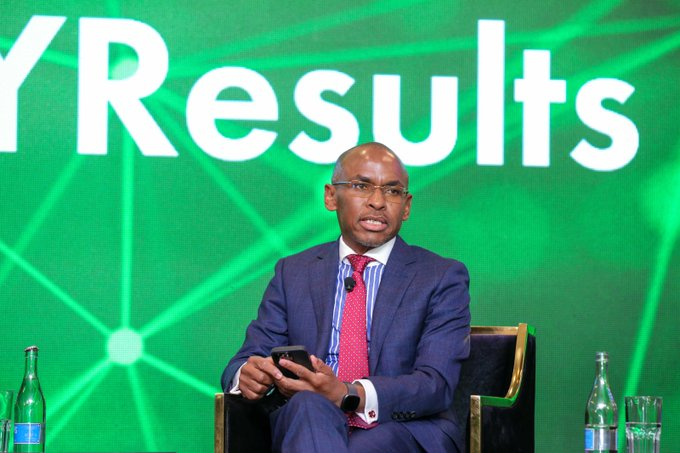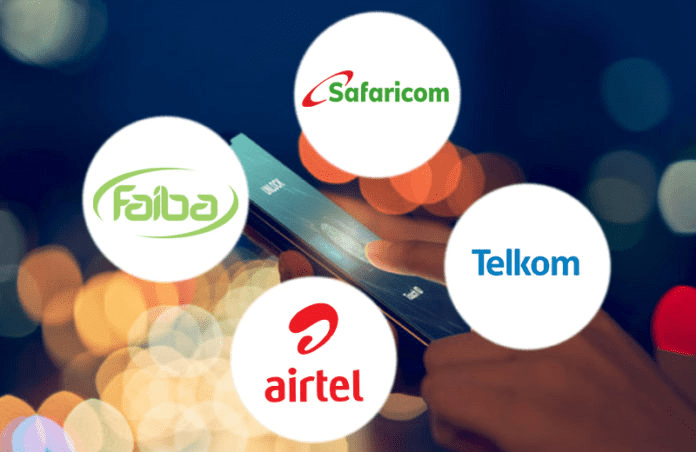Telkom Kenya is the state’s oldest telco, and prior to the mobile telephony boom, it basically owned the infrastructure and services associated with making telephone calls via landlines. Telkom also spun off Safaricom, which started its services in the country more than more decades ago as its subsidiary. In 2000, it started running as an independent company and went on to take over its rivals as Kenya’s top telco. It hasn’t been toppled from the number 1 position to date.
In a bid to grow, Telkom Kenya has gone through a lot of changes, but we will take you back to a couple of years ago. Telkom Kenya was at one time known as Orange Kenya, which owned a 70 percent stake. Orange, however, failed to grow the brand, and with losses, and Safaricom’s and Airtel Kenya’s upper hand, Orange exited the local market. It then transferred 10 percent of its stake to the Kenya government, which increased its ownership to 40 percent. The rest of the stake, 60 percent, was purchased by British investment firm Helios. This meant that Helios was the majority stakeholder. This was after Jamhuri Holdings Limited, a company fully owned by Helios Investors III concluded the acquisition of 60% shareholding in Telkom Kenya. All this happened back in 2016.
In the following year, Orange rebranded to Telkom Kenya. It has since hired more workers, souped-up its coverage across the country, and even launched Orange Money replacement now called T-Kash. Over the period, however, Helios appears not to gave recouped its investment as it falls behind Safaricom and Airtel in terms of customer number, mobile money reach, and other key metrics.
Exit
First reported by Capital News, it has emerged that Helios has ceded its entire stake to the government of Kenya, meaning now that the telco is fully owned by the Kenya government.
“It is true Helios has exited Telkom. Telkom is now owned fully by the Government of Kenya because Helios has offloaded its 60 percent stake,” a government official told Capital News.
Reason? As said, Telkom has not been able to mount notable competition in the market. Helios exit has also been accelerated by the failed Telkom-Airtel Kenya merger. Telkom said that the challenges experienced in getting approvals required to complete the transaction led it to evaluate alternative strategic options.
It is not clear how the now fully government-owned telco will run its operations. Already, the CBK has proposed that mobile money products such as T-Kash should be run separately from their parent companies. The process has already been set into motion, following a similar move by Airtel Money, and the ongoing mobile money interoperability that will see full integration in 2024 when agency networks will be used interchangeably for customers with a mobile money account.
It has also been reported that the government pumped some billions into Telkom prior to the exit of the past government, but it has not been revealed what these funds will be used.
We will update this article once we know more.





























